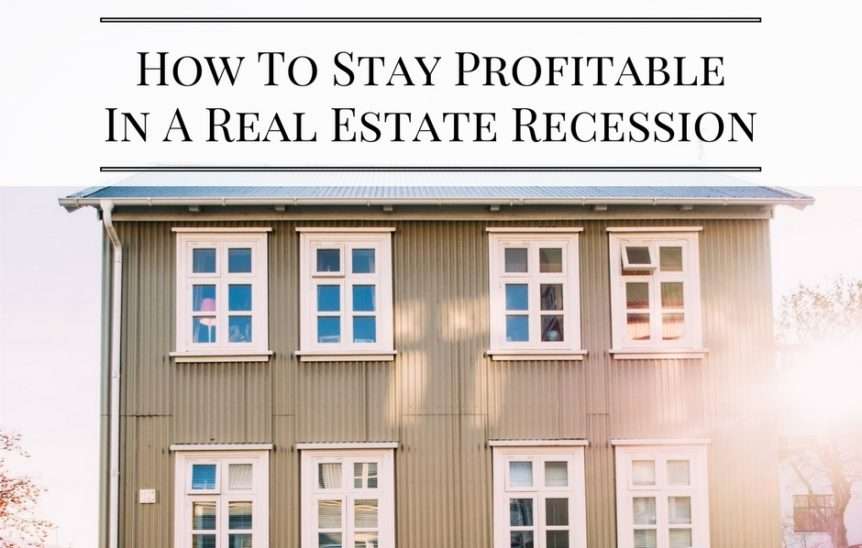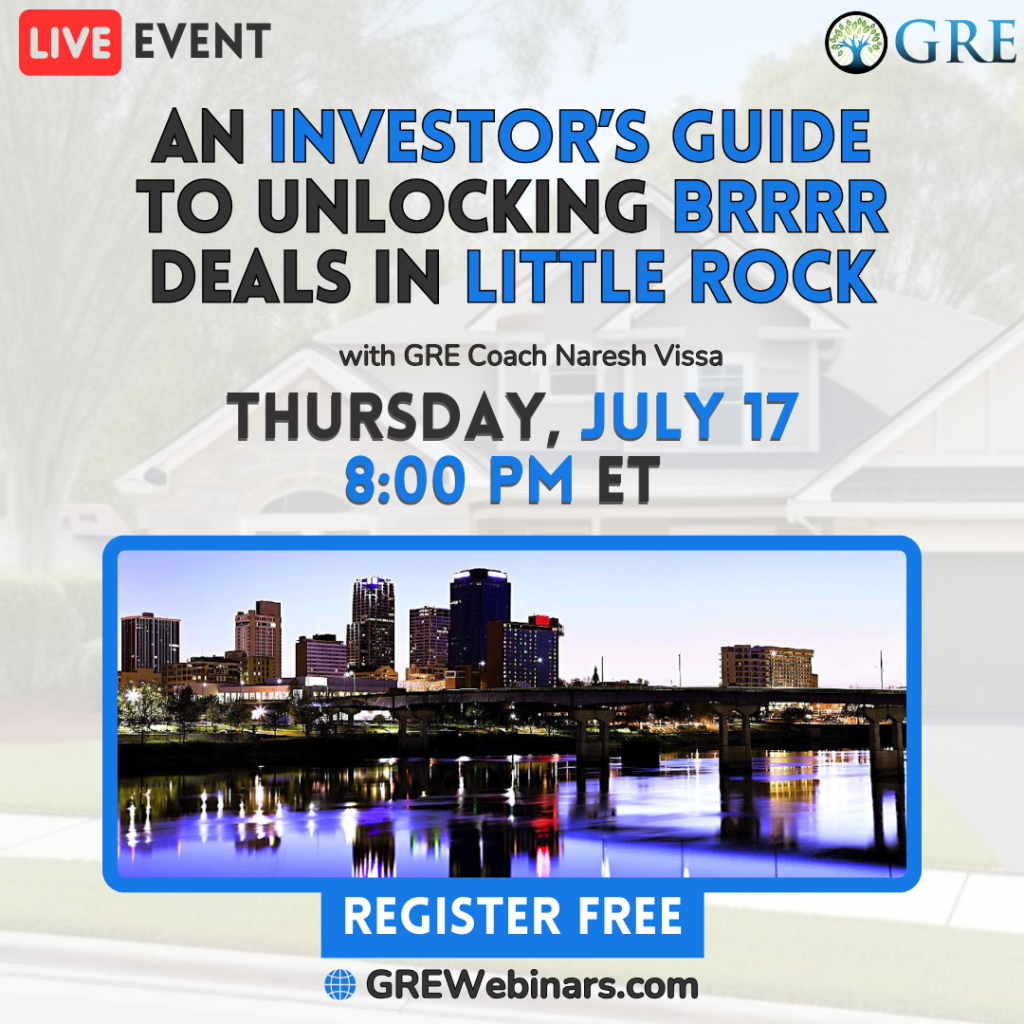Most U.S. real estate markets are booming. Yet I own apartment buildings in a city where there’s a recession, and it’s hurting me.
Wherever you’re investing in real estate, it will face a future economic downturn sometime, so there’s a lesson in this for you.
First – how could I be the one invested in a “down” market? Aren’t I the one always talking about how in real estate investing, the geographic market is even more important than the property?
Well, thankfully I’m invested in multiple U.S. cities for diversification. Most real estate investors only invest in their home market. That’s riskier than you know.
Chances are that you aren’t invested in my hometown income property market of Anchorage, Alaska like I am. With a population of 300,000, it’s the United States’ northernmost city of that size. Anchorage is in an economic recession.
The problem with Anchorage is that the economy is not well-diversified. It’s heavily dependent on oil extraction. You probably know that oil prices have been slashed in half in recent years. That meant oil companies became less profitable and consequently announced layoffs, which led to the recession.
My Anchorage apartment buildings don’t cater to higher-paid oil employees. But it still hurts me.
You see, when an “oil dad” is laid off and his entire family leaves the area, that means there are fewer people to dine at restaurants, buy cars, and patronize hair stylists. My modest apartments cater to people like food servers, auto mechanics, and hair stylists. So there’s a “trickle-down” effect.
Anchorage lost 1,500 residents in the last year. That’s one-half of one percent. Poof. Gone. It promises to continue or even worsen.
Let’s look at Anchorage’s recent year-over-year net employment change, sector-by-sector, and see what this small case study can teach you, wherever you’re interested in investing:
| Anchorage Business Sector | Year-Over-YearJob Gain / Loss |
| Oil & Gas | -700 |
| Construction | -700 |
| Professional and business services | -1,100 |
| Retail Trade | -300 |
| Transportation | -100 |
| Government | -100 |
| Financial activities | -100 |
| Leisure and Hospitality | -100 |
| Health Care | +900 |
Source: Anchorage Economic Development Corporation
What stands out? It’s the fact that although Anchorage has suffered net job losses, there is still a gain in the health care sector.
This isn’t just happening in Anchorage. Nationally and elsewhere, as the population ages, there is outsized demand for medical jobs.
What’s your takeaway as a real estate investor?
Well, most major metropolitan areas have portions of town where health care jobs are concentrated in medical campuses. Buy property near medical districts, and you’ll be hedged against larger economic downturns.
Back when Anchorage’s economy was healthy, I purchased apartment buildings adjacent to the medical district. So although the market rent amount is lower now than it was a few years ago (there are fewer dollars circulating in Anchorage’s recessed economy), I’m able to keep my properties nearly 100% occupied – even in the midst of a recession.
In real estate investing, the market is more important than the property. More accurately, it’s the submarket that’s even more important. A metro area’s medical submarket is a smart place for you to invest over the long-term.
This was completely predictable. When I purchased the apartment buildings years ago, new employment concentrated in the medical sector was already a trend.
This trend is still forecast for years into the future. Even futurists say that it will be difficult for robots to simulate what nurses do.
When I hosted Ken McElroy, the Rich Dad Advisor for real estate on my popular weekly podcast, he said: “Real estate is dumb and slow.”
I love that line!
It doesn’t take a genius to forecast this. Medical = Jobs = Occupied units = Rent-paying tenants = Durable rent income streams = More profitable rental properties, even in a recession.
What are your takeaways?
- If you buy income property in a smaller, less economically diverse metro, try to buy near a medical district.
- Invest in multiple metro markets to diversify geographically, not just your hometown.
The fact that I practice these two bullet points has kept me profitable and resilient, even in a recession. It will help ensure your prosperity in the long-run too.
Here’s to your wealth and success!
Thought getting your money to work for you creates wealth? It doesn’t! That’s a myth. My international best-selling E-book is now 100% free, 7 Money Myths That Are Killing Your Wealth Potential. Get it here for a limited time.





Thanks, great article.